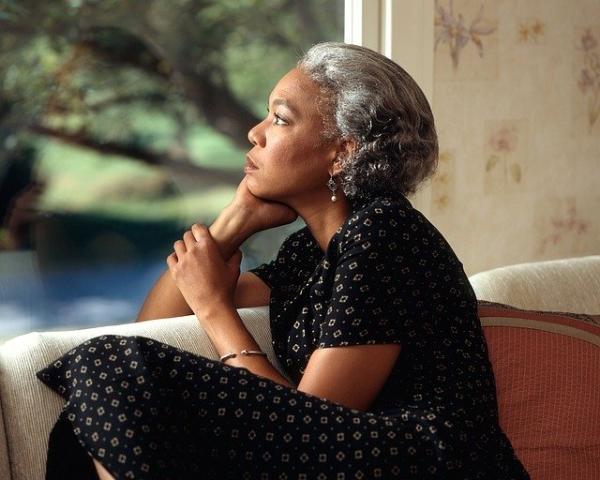"Regret is a negative cognitive or emotional state that involves blaming ourselves for a bad outcome, feeling a sense of loss or sorrow at what might have been, or wishing we could undo a previous choice that we made." [1]
As a clinician, I can report that regret is a powerful emotion and one that is almost impossible to alter. The development of dialysis, much like the development of insulin, changed a death sentence into a livable condition. Which would you choose? More importantly, why would someone regret the decision to choose life?
Researchers surveyed patients in several dialysis centers around Cleveland, asking among the questions, "Do you regret your decision to start dialysis?" Of the 423 participants, 88% answered that question. 21% regretted starting dialysis. If you wonder why there would be anyone with regret at all, remember, not starting or continuing dialysis means that, barring a kidney transplant, you will die a "peaceful" death in the next few weeks.
The researchers uncovered two factors that resulted in more regret. First, the patients felt less need to "acquire detailed knowledge about the medical condition." That knowledge includes the length and quality of their future life (prognostic information), and information of end-of-life issues either concerning "dialysis withdrawal options," or the presence of some form of a living will. You might simplify this as a former of "buyer's regret" when you have not done your due diligence. Patients whose doctors did discuss prognosis were 0.42 times less likely to feel regret, comparable to patients who had completed a living will and had already considered these issues.
The second factor was that the person making the decision was often actually or virtually a family member or the physician. It is a high hurdle to say out loud that your loved one, parent, sibling, or child is better seeking a peaceful end than continuing to fight the good fight. The researchers found that "patients who reported choosing dialysis over conservative management to please doctors or family members" were 2.34 times more likely to regret their decision
As the researchers point out in their discussion, family, and perhaps physicians overtly or covertly nudged patients towards choices they in which they were not fully invested. Autonomy in medical decision making is tricky, and the line between supporting the decision-making process and pushing your agenda is blurred. They point out that "practitioners often frame the decision as preparing patients for dialysis," meaning that not starting dialysis is never really a consideration. I get that, as a surgeon, my belief that surgery was the better choice could come through in my remarks; it was, after all, my training; and surgeons rarely saw the benefits of less intervention; those patients went elsewhere. So before we jump to "bias based on income considerations," physician bias may well be attributed to recency bias, what they see.
The other significant hurdle is death and dying. "Talking about death and dying is terrifying for many patients, and few clinicians are prepared to respond to these powerful emotions." That holds to an even greater degree for families, especially if the decision making is driven in part by guilt at not "having been there" or "ignoring the problem." For those patients and families with advanced directives or living wills, the emotional component of deciding was tempered by having faced the options in a less urgent and charged moment – they were, for the most part, more accepting of their decision-making.
No one willingly considers their mortality. We all need a nudge, the experience of a friend or family, or even the abstraction of deciding what to do if COVID-19 darkens your door. Now is the time not necessarily to choose but to at least sort out some of your thoughts and feelings.
Source: Dialysis Regret Prevalence and Correlates" Clinical Journal of American Society of Nephrologists DOI: 10.2215/CJN.13781119




